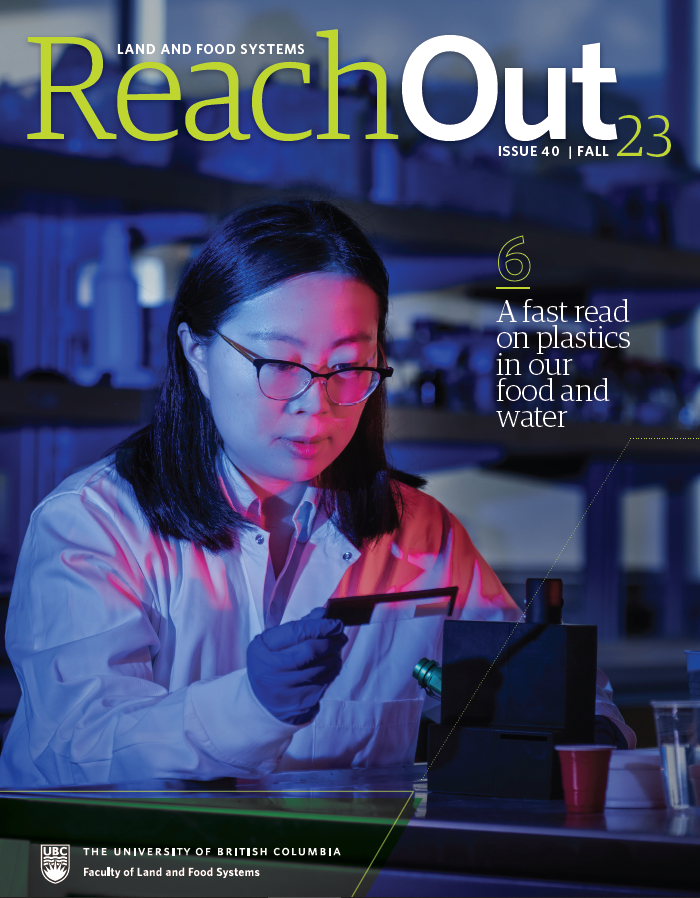New Faculty Profile: Jonathan Proctor

Dr. Jonathan Proctor
With a childhood spent foraging for blueberries and cooking with family in Pennsylvania, it was important for Dr. Jonathan Proctor to design a career that centred around food. Combining his interests in agriculture and economics has led him to study the intersection of our global food and climate systems.
Dr. Proctor’s research aims to quantify how climate change influences human wellbeing, with a focus on agriculture.
“Some of the questions I study are: how do temperature, water supply, and sunlight influence agricultural productivity? How have farmers adapted to historical changes in climate and how might they adapt to future changes?”
For example, while doing his PhD at the University of California, Berkeley, Dr. Proctor studied the potential impact of solar geoengineering — a technology that could theoretically cool the Earth by reflecting sunlight back into space — on agricultural crops using major volcanic eruptions as natural experiments.
“We found that damages to agricultural productivity from reduced sunlight offset the technology’s benefits from cooling, indicating that it would be less useful than previously thought for reducing agricultural damages from climate change,” Dr. Proctor said.
Dr. Proctor is currently working on a project, in collaboration with the United Nations Development Programme (UNDP), using satellite imagery and machine learning to make fine-resolution estimates of the Human Development Index (HDI). HDI provides an alternative to GDP that considers not only income, but also education and health.
“The hope is that these fine-resolution data improve understanding about the spatial distribution of human development,” explains Dr. Proctor. “Such measures could improve targeting of aid or program evaluation in otherwise data poor contexts.”
At the Faculty of Land and Food Systems, Dr. Proctor is excited to bring his interdisciplinary approach to the Food and Resource Economics program, where researchers study the food economy from various lenses.
